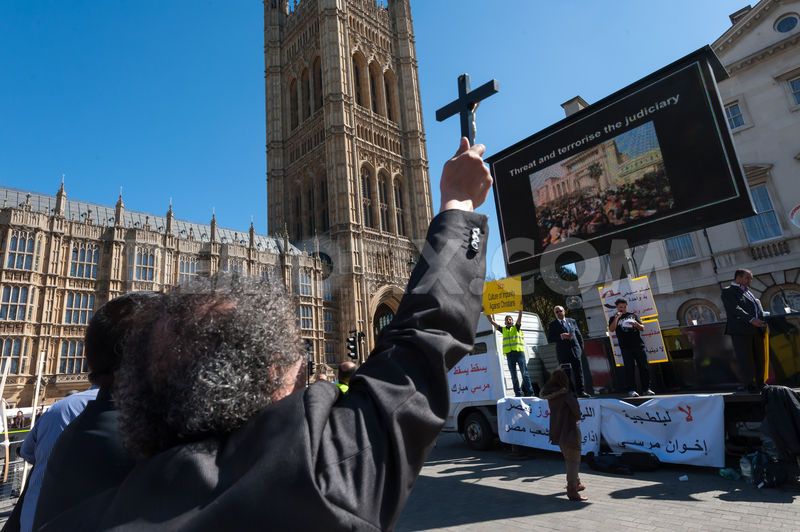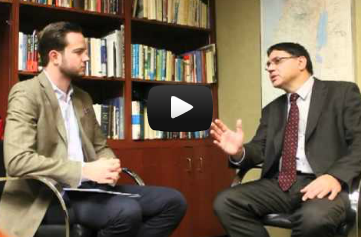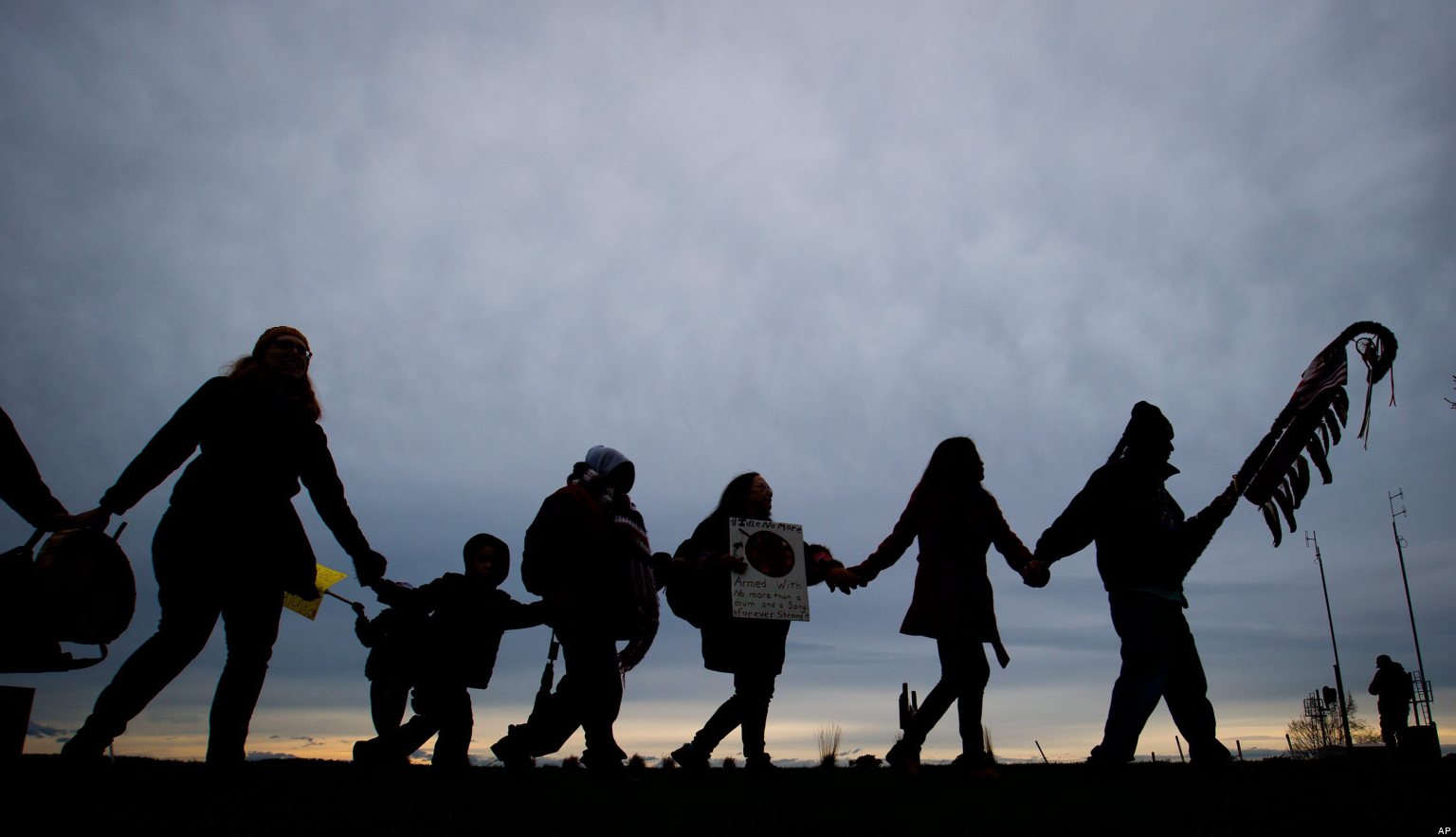From a rally outside the House of Lords in London, to a protest in Egypt’s Aswan – Milosz Zak recounts his experiences with the Copts in Morsi-era Egypt. With a pluralistic society, for a time captured by the democratically elected, exclusionary politics of an Islamist majority, Egypt is now in its second attempt at an inclusive democracy, following the popularly supported military coup.
Egypt’s new acting Vice-President, the famous diplomat, liberal, and Nobel Peace Prize winner, Mohamed ElBaradei put it succinctly, “…having declared himself Pharaoh, the former Islamist President Mohamed Morsi invited the people and the military to remove him from power.”
So what exactly did Morsi and the Muslim Brotherhood do to invite this fate? With hundreds dead since Morsi’s ousting, have the benefits outweighed the costs?
The answer is complex, but approaches something close to what Mahatma Gandhi once said about nations, moral progress, and the treatment of animals.
So too in Egypt, a country which has seen the rise and fall of Islamism, but also the rise of Westernism, it is possible to say that the greatness of a nation and its moral progress can be judged by how its ruling majority treats its minorities. With a 9 to 1 ratio of Muslims to Christians in Egypt, imposing the will of the Muslim majority is not difficult, even if protecting and respecting the rights of the few would demonstrate great wisdom. The struggles of Egyptian Copts are a euphemism for the struggle of Egypt’s many minorities, a pluralistic, repressed society which would not trade one form of oppression for another.
This is an account of a trip, less than a month before the Coup, which spans the UK and Egypt and illustrates these dynamics.
[captionpix align=”centre” theme=”elegant” width=”600″ imgsrc=”http://images.christianpost.com/full/48268/egypt-attacks-on-coptic-christian-protesters.jpg” captiontext=”Egyptian Coptic Christians carry coffins during a mass funeral for victims of sectarian clashes with soldiers and riot police at a protest against an attack on a church in southern Egypt at Abassaiya Cathedral in Cairo, 2011. (Photo: Amr Dalsh / Reuters)”]
London – A chance rally in London, a prelude of things to come
Purely by chance, while touring Westminster Abbey and the Houses of Parliament in Central London, I ran into a loud rally organized by what seemed like an Arabic-speaking group of about a hundred individuals.
They were so incredibly loud that you could still hear them from within the cloisters of the Abbey, and although they probably had a permit for their public action, they must have broken laws regulating allowed decibel levels.
From a ways away, I found the angry tone of those chanting through loudspeakers annoying, but decided to dismiss the disaffected crowd, thinking to myself of the famous Tube billboards – Keep Calm & Carry On.
It turned out there was no way to get around them, and I really wanted that close-up shot of the Palace of Westminster’s famed Victoria Tower.
I approached and assessed the massed group more closely and found a collection of smartly-dressed men and women of Middle Eastern origin, who stood around a stage, holding several dozen banners, with supporting staff handing out leaflets to passersby, a large mobile television screen showing a variety of subtitled clips, and a pop concert-worthy sound system, probably tuned to be heard as far as Buckingham Palace or Trafalgar Square.
Having been aware of the frictions between Muslims and non-Muslims in the UK, I incorrectly assumed this was a Muslim lobby protesting against some British foreign policy decision or some other supposed domestic discrimination.
These were not Muslims but Coptic Christians of Egyptian origin, and although they addressed their supporters in a seemingly hostile language, something reminiscent of protests aired on CNN, this was a very different kind of protest, and for a very different set of reasons.
The Copts gathered at Westminster on the 20th of April were protesting against British inaction in condemning the regime of Egypt’s President Mohamed Morsi after a spate of targeted hate crimes, physical attacks and killings.
The pamphlets called on Prime Minister David Cameron to pressure President Morsi to take a greater interest in stopping the persecution, kidnappings of Christian girls, forced conversions and marriages to Muslim men, and the attacks on and killings of Egypt’s Copts, a repressed religious minority which comprises around 9%, or about 8 million of the total population of 84 million.
The former Egyptian President’s reaction to attacks against minorities was tantamount to a tacit confirmation that Egypt’s rural and urban Muslim majority had a free hand in settling scores and doling-out local justice against undesirables – the attacks continued, until Morsi’s ousting, when the police returned to the streets.
I knew of the Copts and their lot in Egypt, and I knew I would be there in Egypt, on the ground, about a month later. Who would’ve thought I would find myself in the midst of their frustration with a government intent on advancing the majority’s vision of religion in national politics and society.
For the rest of Milosz Zak’s three part series see:
Part Two: Egypt before the Coup: Insular Communities, Uneasy Coexistence, and Morsi’s Respect for Religions.
Part Three: Egypt before the Coup: Economic Ignorance, Sectarian Friction, and the “Deep State”




